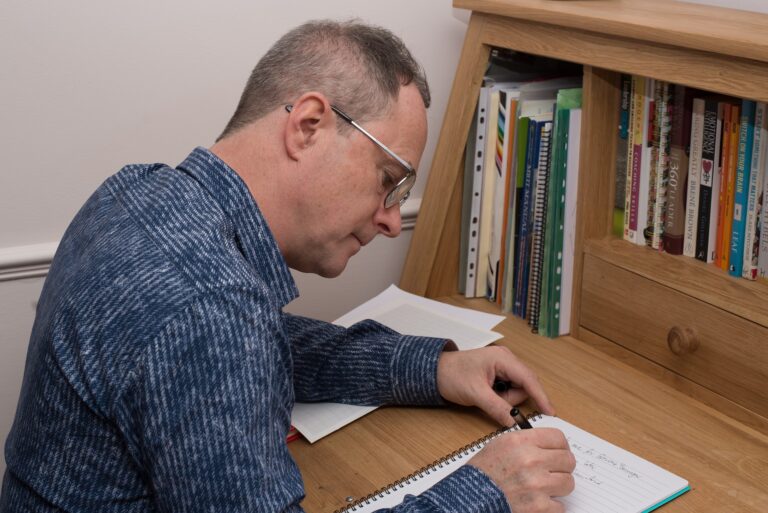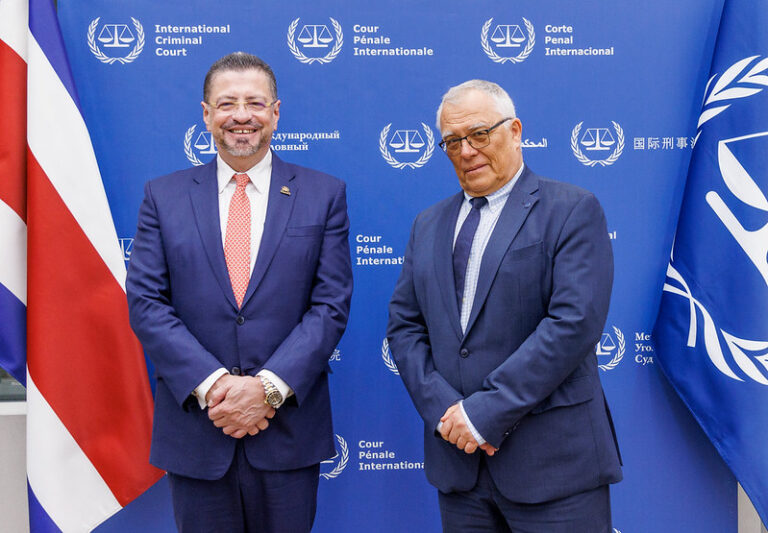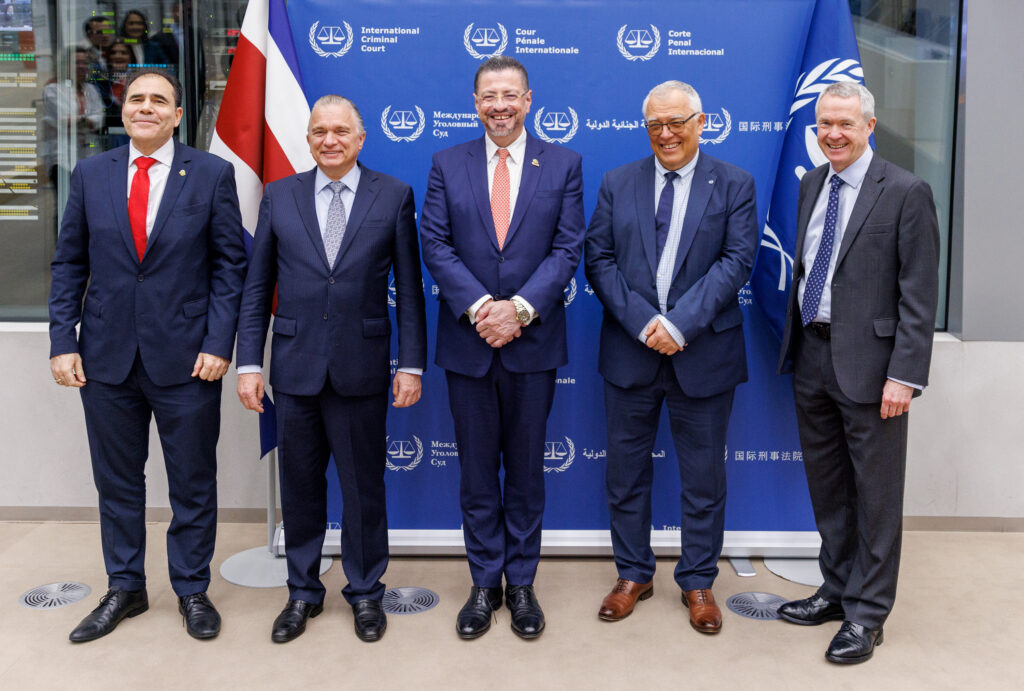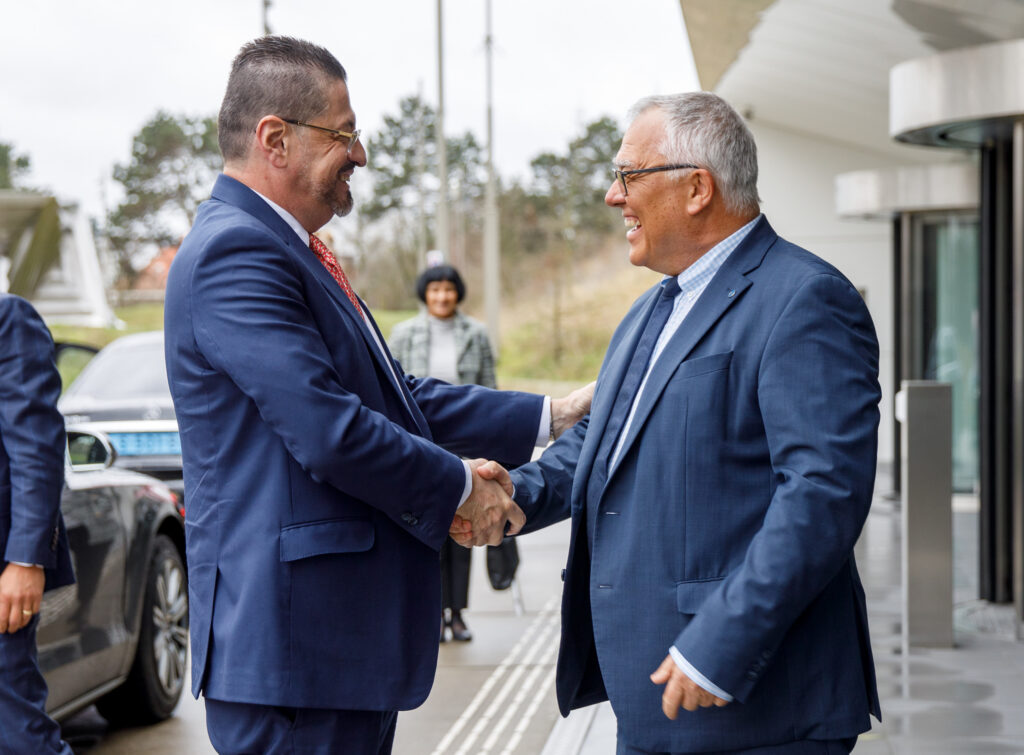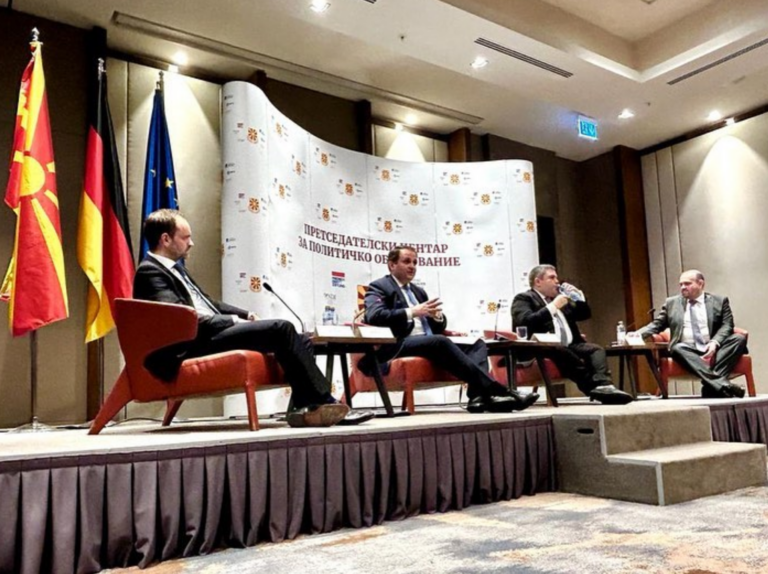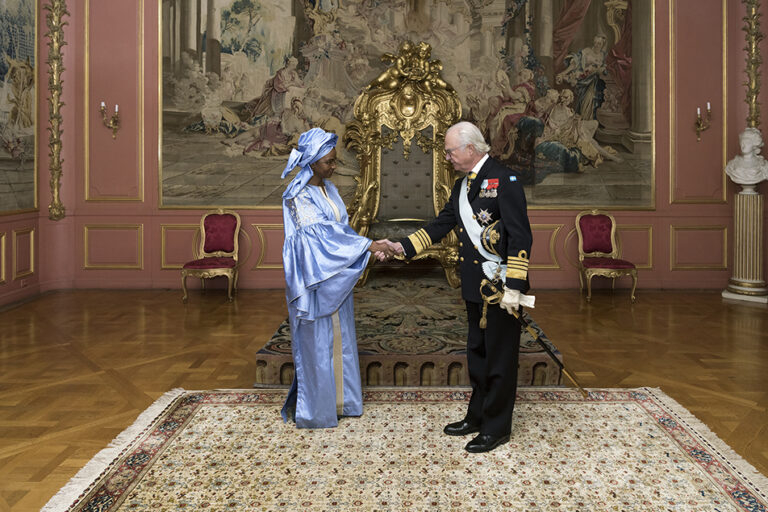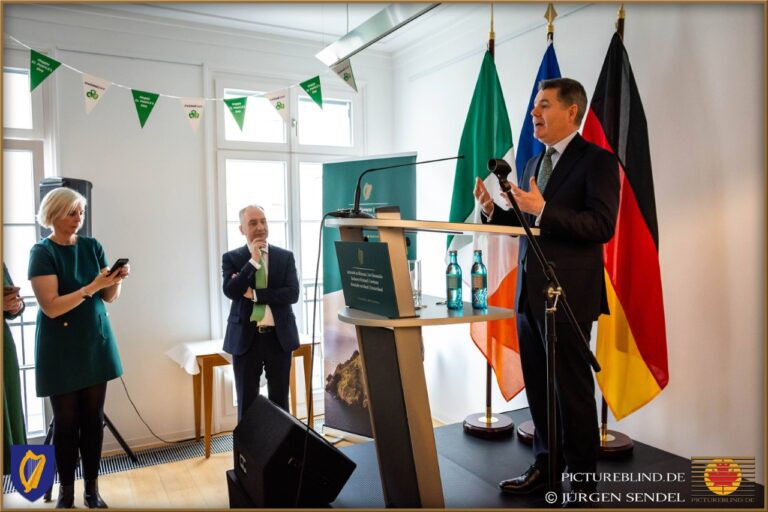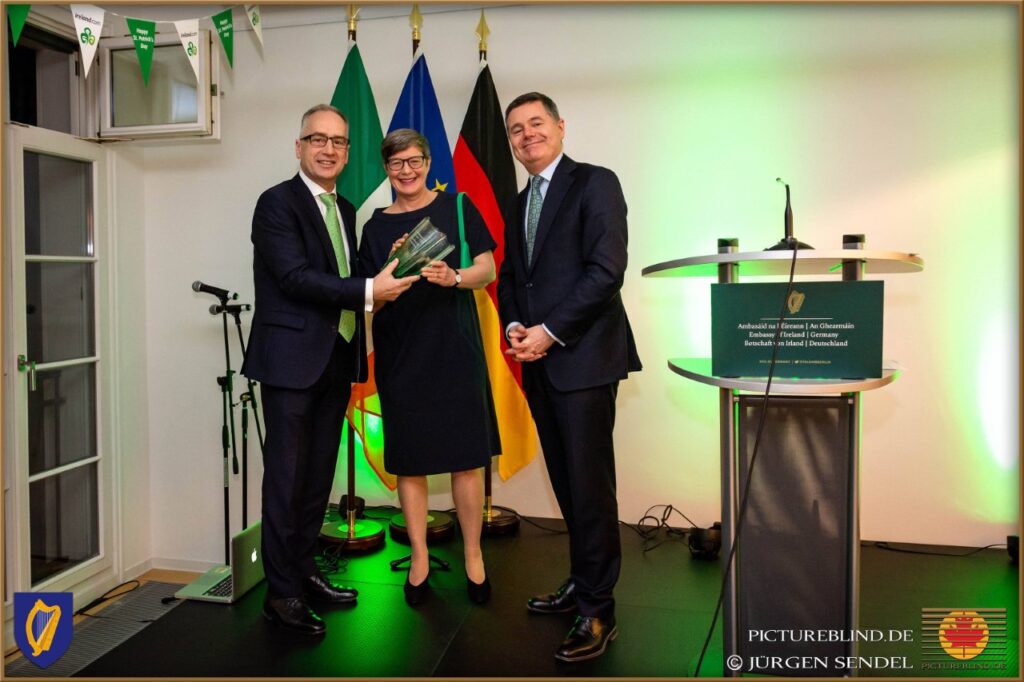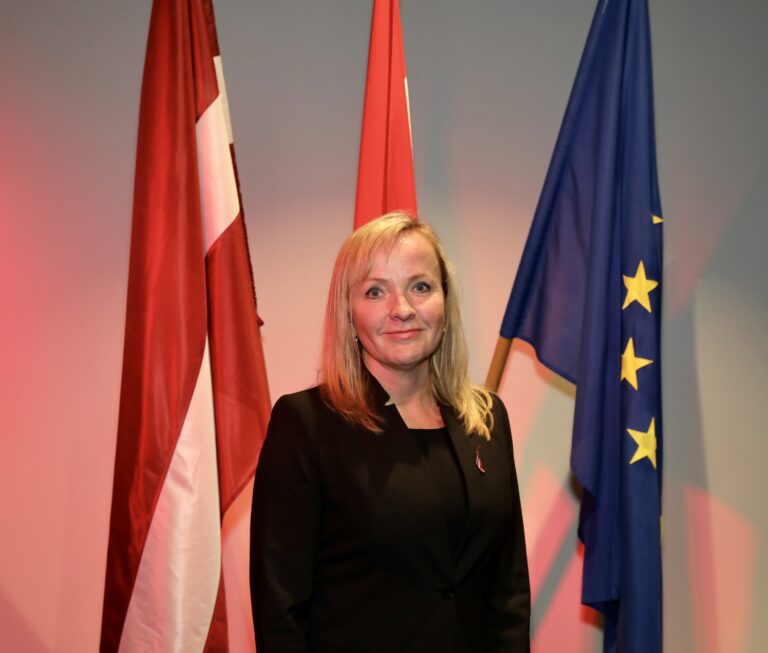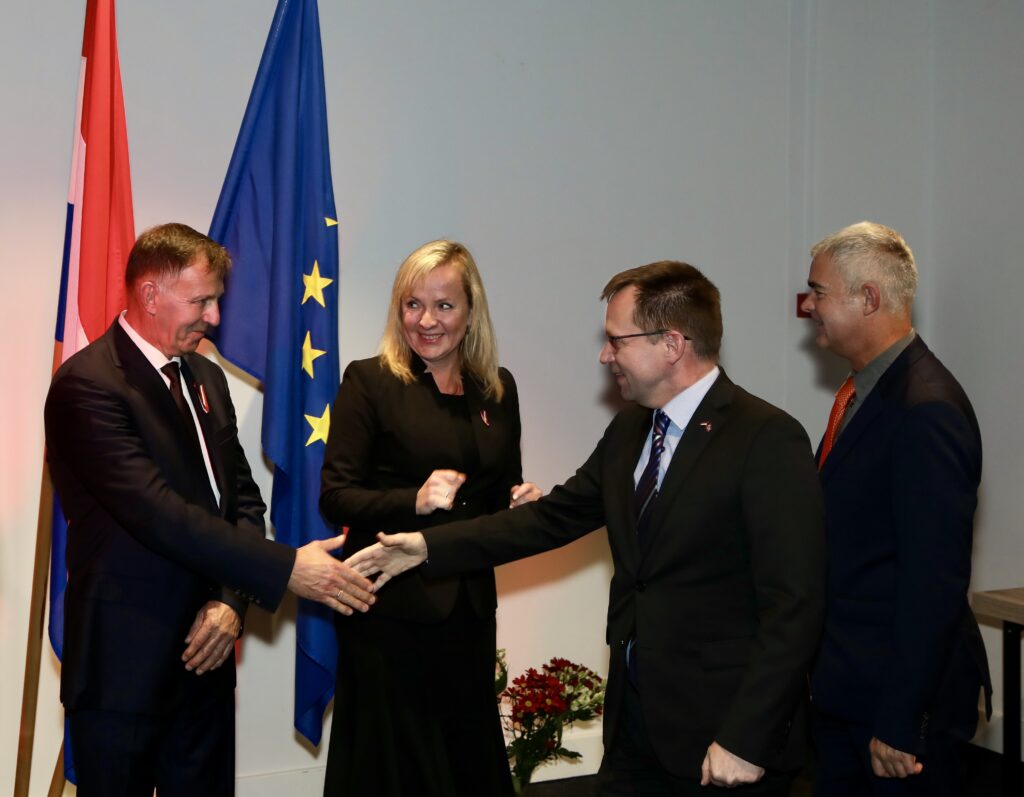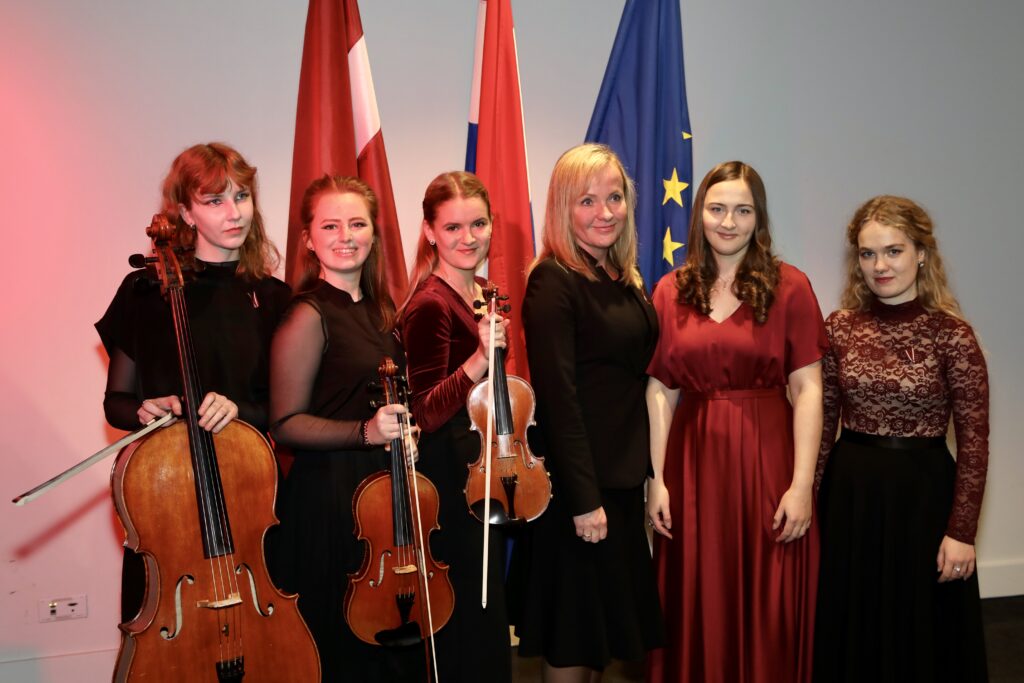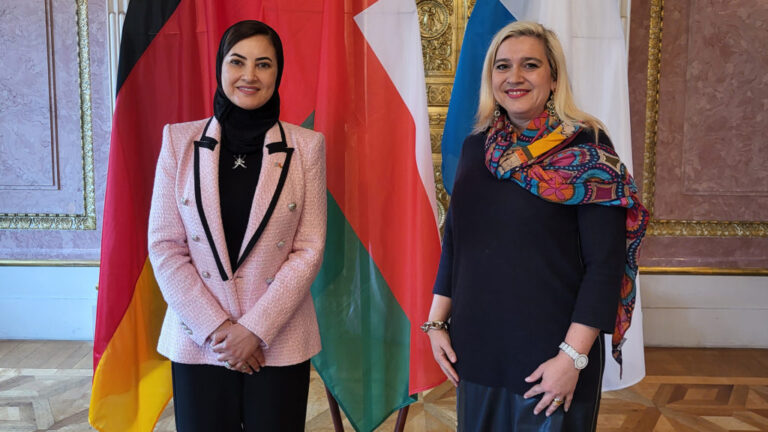European Times (17.03.2023) – On 9-10 March, the head of the regional council of Kirovohrad Oblast (region), Sergii Shulga, visited European institutions in Brussels to raise awareness about the future of his region in the EU and the global context. Kirovohrad Oblast is a region in central Ukraine that had a population of about a million inhabitants before the war. Only a limited number of local Ukrainians have decided to leave this highly agricultural region as the population mainly lives off the land but with the war raging in the Donbass, about 100,000 displaced persons have suddenly modified and increased the local demography.
Human Rights Without Frontiers met Sergii Shulga and interviewed him.
HRWF: Russia has invaded parts of Ukraine and has caused a lot of damage. Was your region affected as well?
S. Shulga: Since February 2022, Russia has launched over 20 missile attacks on the Kirovohrad region. Last night, there was a hit on the infrastructure again. But we are strong. And we believe in victory. So after it, we will rebuild our economy.
HRWF: Why did you come to Brussels and who did you meet?
S. Shulga: Up to now, no Ukrainian region has taken the initiative to send its highest representatives to Brussels to contact there the missions of the EU regions and identify possible partners for the reconstruction.
I met and talked with Lucas Mandel, an Austrian member of the European Parliament. He is a reliable supporter of Ukraine. He visited our country a few times. He knows our realities and he is quite supportive of any initiative that can be beneficial to Ukraine.
What is important for us in Ukraine is to have concrete solidarity partnerships, not only with regions but also with organizations of the European Union.
I had a meeting with the Secretary General of the Assembly of European Regions, Mr. Christian Spahr, to discuss some joint cooperation in the Regional Youth Council, where the Kirovohrad Region has delegated two representatives. One of them has recently become the head of the Mental Health Committee.
I also talked with Mathieu Mori, the Secretary General of the Congress of Local and Regional Authorities. He is a key person for the future development of our network between the Kirovohrad region and the EU regions as he was elected in October 2022 for a period of five years.
As Sweden is currently holding the EU presidency until 30 June, I discussed with the Head of the Southern Sweden Office which represents five regions to envisage potential partnerships. I also had talks with the head of the Lower Austrian Region, the head of the Representation of Carinthia Land as well as representatives of two regions of Slovakia: Bratislava region and Trnava region. The purpose is to put in place various forms of collaboration with our region.
HRWF: What are your current needs?
S. Shulga: The economy of our region is massively of agrarian nature. Ninety-five percent of the income of our region comes from our agricultural activities. In our region, there are 2 million hectares of rich lands to be cultivated. They were rather spared from the war as the Russian shelling was mainly targeting energy infrastructure and housing: no explosions, no mines and no demining necessity, no holes, no tank carcasses, no toxic products or pollution in our fields.
Last year, through the ports of Mikolayev, Kherson and Odessa we exported four million tons of our grain, corn, sugar beet and sunflower seeds, mainly to the Middle East and Africa. We all know how difficult the negotiations were to break Russia’s blockade of our ports and how fragile this agreement with Russia remains. Brussels needed to know that he Kirovohrad Region helps feed the world with its rich lands. That is also the reason why I needed to come to Brussels. Ukraine needs to get back its Russian occupied territories, especially along the sea.
HRWF: What will be your objective when you are back in your oblast?
S. Shulga: I would like to organize a conference in Brussels in May to give the opportunity to the Kirovohrad Region to present themselves to the European Union. I informed the Head of the Ukrainian Mission to the EU, Mr. Vsevolod Chentsov, about this project and already invited him. This will be part of the process of opening the road to our EU membership. We need and love the EU but the EU also shows with its massive investments that it needs Ukraine and loves Ukraine.
______________________________
Published by HRWS


